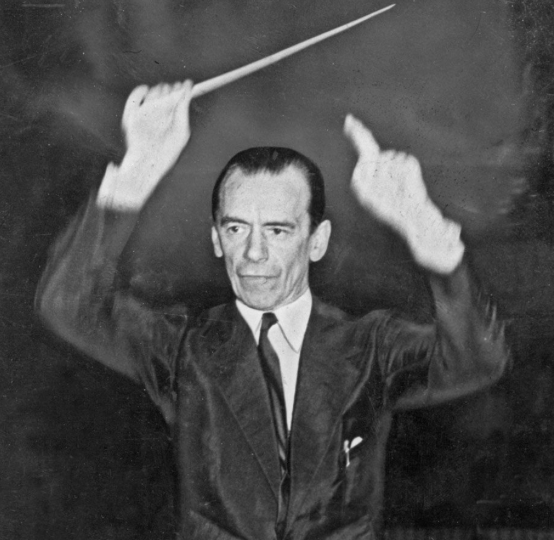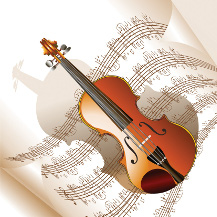Tuesday 14th April
Sam Dobson
Sir Malcolm Sargent: the Leicester connection
Malcolm Sargent has been dismissed by some as a showman but Sam Dobson relates a story of Sir Malcolm’s outstanding achievement in the East Midlands, nationally, and on the world stage too. His morale-boosting concerts in World War II as well as his important work in projecting soft power around the world seem to have been forgotten, whilst his unique charisma brought many thousands of people into classical music for the first time.


